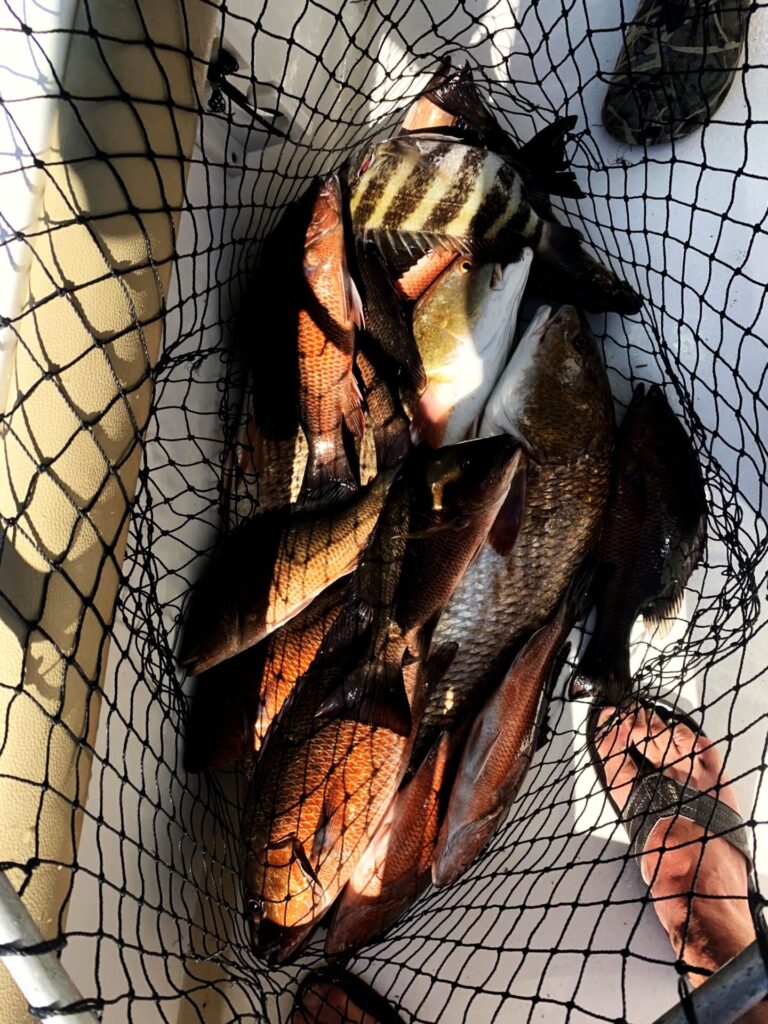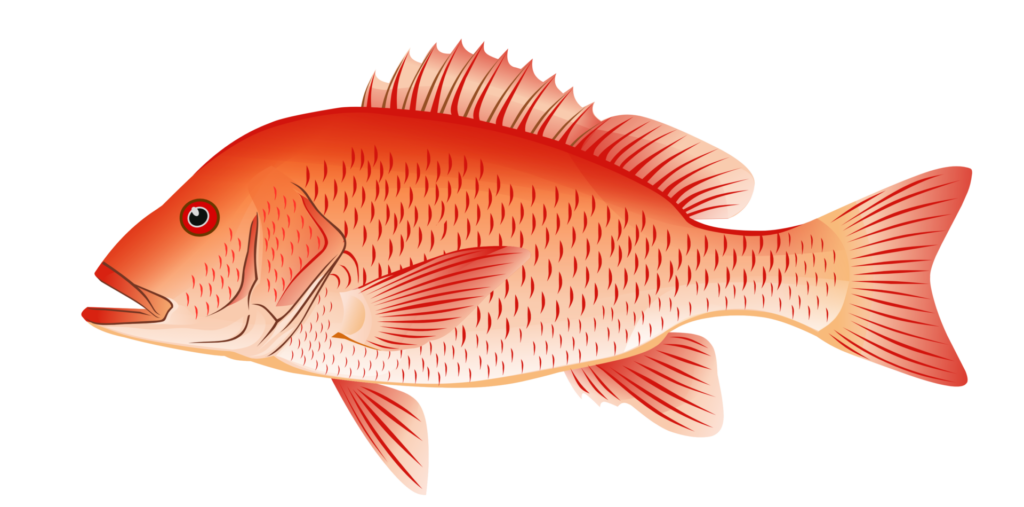The Impact Of Tides On Inshore Fishing

Tampa Bay’s inshore waters are a dynamic environment where tidal movements play a crucial role in fish behavior and angling success. Understanding how tides influence fish patterns can significantly enhance your fishing experience. This comprehensive guide explores the impact of tides on inshore fishing in Tampa Bay, offering insights and tips to help you make the most of your time on the water.
Understanding Tides in Tampa Bay
Tides are the regular rise and fall of sea levels caused by the gravitational forces of the moon and the sun. In Tampa Bay, the tidal range and timing can vary due to the bay’s unique geography and weather patterns. Typically, the area experiences two high tides and two low tides each day, known as semidiurnal tides.
Factors Influencing Tidal Patterns
- Lunar Phases: New and full moons result in higher high tides and lower low tides, known as spring tides.
- Wind and Weather: Strong winds and atmospheric pressure can amplify or diminish tidal effects.
- Geography: The shape and depth of Tampa Bay influence how tides propagate through the area.
How Tides Affect Inshore Fish Behavior
Inshore fish species in Tampa Bay, such as redfish, snook, and speckled trout, are highly responsive to tidal movements. Tides influence their feeding patterns, movement, and habitat selection.
Feeding Patterns
Many inshore fish feed actively during moving tides, especially during the incoming and outgoing phases. The movement of water stirs up the bottom, dislodging prey and making it easier for predatory fish to hunt.
Habitat Accessibility
Tidal changes affect the accessibility of various habitats:
- High Tide: Fish can access flooded mangroves, grass flats, and other shallow areas to forage.
- Low Tide: Fish retreat to deeper channels, holes, and drop-offs, concentrating in these areas.
Movement Patterns
Fish often move with the tides to optimize feeding opportunities and avoid predators. Understanding these patterns helps anglers anticipate where fish are likely to be during different tidal stages.
Best Tidal Conditions for Inshore Fishing
While fish can be caught during any tidal phase, certain conditions are generally more productive:
Incoming Tide
As water levels rise, fish move into newly flooded areas to feed. Targeting the edges of flats, mangroves, and other structures during this time can be effective.
Outgoing Tide
As water recedes, baitfish and other prey are funneled out of shallow areas, attracting predators. Fishing near channels and drop-offs during this phase can yield good results.
Slack Tide
Slack tide occurs between the high and low tides when water movement is minimal. Fish activity often decreases during this period, making it a less productive time for fishing.
Tips for Fishing Tampa Bay Tides
- Plan Ahead: Use tide charts and apps to plan your fishing trips around optimal tidal movements.
- Observe Water Movement: Look for signs of moving water, such as ripples, baitfish activity, and current lines.
- Adjust Techniques: Vary your bait and presentation based on the tidal stage and fish behavior.
- Be Mobile: Don’t hesitate to move to different spots as the tide changes to stay on active fish.
- Safety First: Be aware of changing water levels and currents, especially when fishing from shore or wading.
Conclusion
Understanding the impact of tides on inshore fishing in Tampa Bay is essential for any angler looking to improve their success. By learning how tidal movements influence fish behavior and adjusting your strategies accordingly, you can enhance your fishing experience and increase your chances of a productive outing.
Continue Reading Our Blog
The Complete Guide to Sheepshead in Tampa Bay — Catch It, Cook It, and Relish It
The Complete Guide to Sheepshead in Tampa Bay — Catch It, Cook It, and Relish…
Mastering the Mangrove Red Snapper: Catching, Cooking & Charter Tips for Tampa Bay
If there’s one fish in the Tampa Bay region that delivers on all fronts —…
Real vs. Imagined Dangers on a Fishing Boat: What’s Worth Worrying About — and What Isn’t
Real vs. Imagined Dangers on a Fishing Boat What’s Worth Worrying About — and What…





